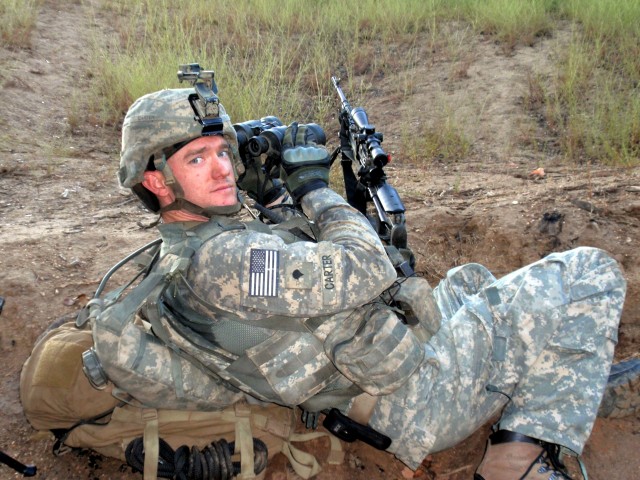
OCTOBER 3, 2009
Combat Outpost Keating Attacked in the Battle of Kamdesh
On October 3, 2009, U.S. Combat Outpost Keating, located in Afghanistan’s Nuristan province, was attacked by 300 enemy fighters. Stationed at Keating during the onset of the battle were 53 U.S. soldiers, 20 Afghan troops, two Latvian soldiers and 12 Afghan security guards. Soldiers were under attack for 12 hours during which, eight U.S. soldiers lost their lives and 22 were wounded. Thanks to the courage and heroism of these service members, the camp was secured, and the Taliban were driven to retreat.
Two medals of Honor and nine Silver Stars were awarded to U.S. soldiers following the events of October 3. Staff Sgt. Clint Romesha, received several shrapnel wounds while collecting an uncovered reconnaissance of the battlefield and seeking reinforcements. Despite his injuries, he continued to mobilize small combat groups to carry on fighting. Romesha’s actions saved the lives of multiple injured men, earning him the distinguished Medal of Honor. The second recipient recognized for his actions in this conflict was Specialist Ty Carter. Minimally armed, he placed accurate and deadly fire to deter the enemy assault force. Despite his wounds and the increasing danger, he continued to run through open enemy fire to save a critically wounded comrade, moving him a total of 100 meters to the aid station. All recipients displayed selflessness and courage in their actions and will be forever honored and remembered.
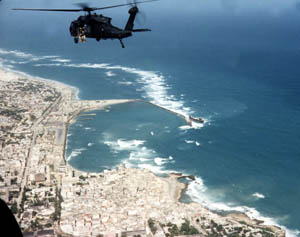
OCTOBER 3-4, 1993
Battle of Mogadishu/Black Hawk Down
In December 1992, U.S. President George H.W. Bush ordered the U.S. military to join the U.N. in a joint operation known as Operation Restore Hope, tasked with the mission of restoring order in Somalia. In May 1993, it was agreed by the U.N. and its parties to remove the leading Somali faction leader and self-proclaimed Somali President, Mohamed Farrah Aidid. Many Somali civilians resented the international forces, causing them to take up arms and resist U.S. forces during fighting in Mogadishu.
The Battle of Mogadishu, also known as the incident “Black Hawk Down,” was part of Operation Gothic Serpent. The battle was fought Between October 3-4, 1993, in Mogadishu, Somalia, between the U.S. and Somali militiamen who were supporters of Mohamed Farrah Aidid. The Somali militiamen shot down two U.S. Sikorsky UH-60 Black Hawk helicopters using RPG-7s. Fighting lasted throughout the night to defend the crash survivors, including two U.S. Army Delta Force operators who were posthumously awarded the Medal of Honor. The following morning, a UNOSOM II armored convoy made it to the helicopters incurring further casualties, but eventually rescuing the survivors. In total, 19 U.S. soldiers were killed during Black Hawk Down.
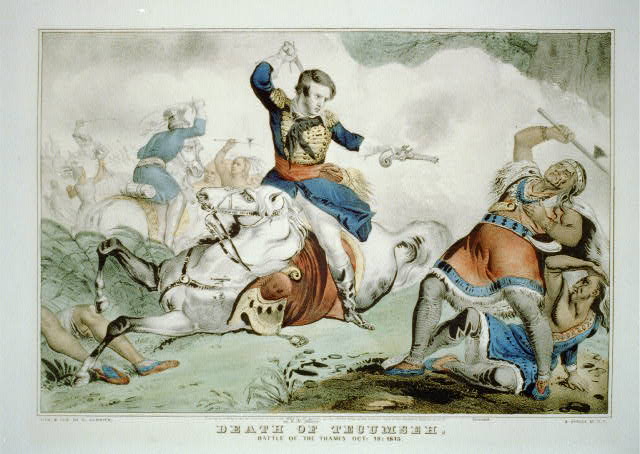
OCTOBER 5, 1813
The Battle of the Thames
During the War of 1812, Shawnee Chief Tecumseh joined British forces to capture Detroit and invade Ohio.
The Battle of the Thames, also known as the Battle of Moraviantown, was the decisive U.S. victory over British and Indigenous forces in Ontario, Canada, which gave the United States control over the Northwest. The British forces, comprised of more than 600 soldiers and 1,000 Indigenous allies under Tecumseh, were outnumbered and defeated. Many of the British troops were captured and Tecumseh was killed, which destroyed the alliance and broke the Indigenous power in the Ohio and Indiana territories. After this battle, most of the tribes abandoned their alliance with the British.
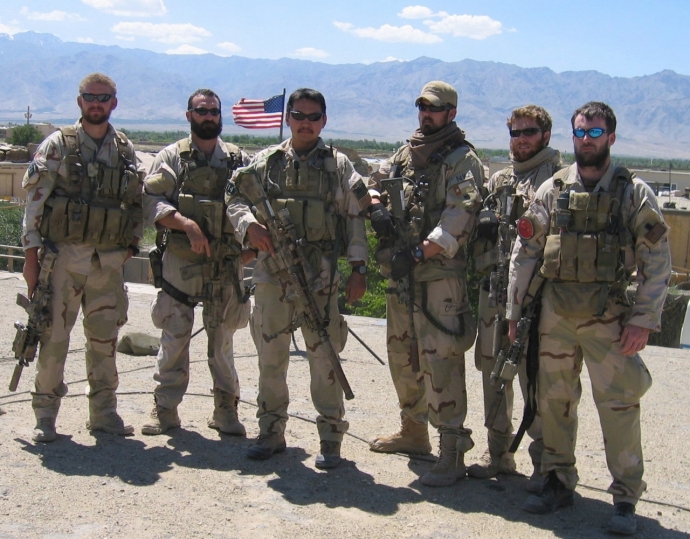
OCTOBER 6, 2001
Operation Enduring Freedom Begins
October 6 and October 7 mark the initiation of Operation Enduring Freedom, the 13-year operation launched to combat the Taliban in Afghanistan. Prior to acting, the U.S. demanded that the Taliban turn over Osama bin Laden, the extreme fundamentalist leader of the terrorist group responsible for the September 11 attacks. As this request was left unfulfilled, U.S. President George W. Bush announced that a retaliation would take place and military action would commence. On October 7, 2001, President Bush announced that U.S. and British forces had begun launching airstrikes on specific Taliban and al Qaeda targets in Afghanistan. This attack lasted for five days and is now known as the first action in the global War on Terror. Following this attack, the Taliban labeled these actions as “an attack on Islam,” and proceeded to initiate their own war against the entirety of the non-Muslim world.
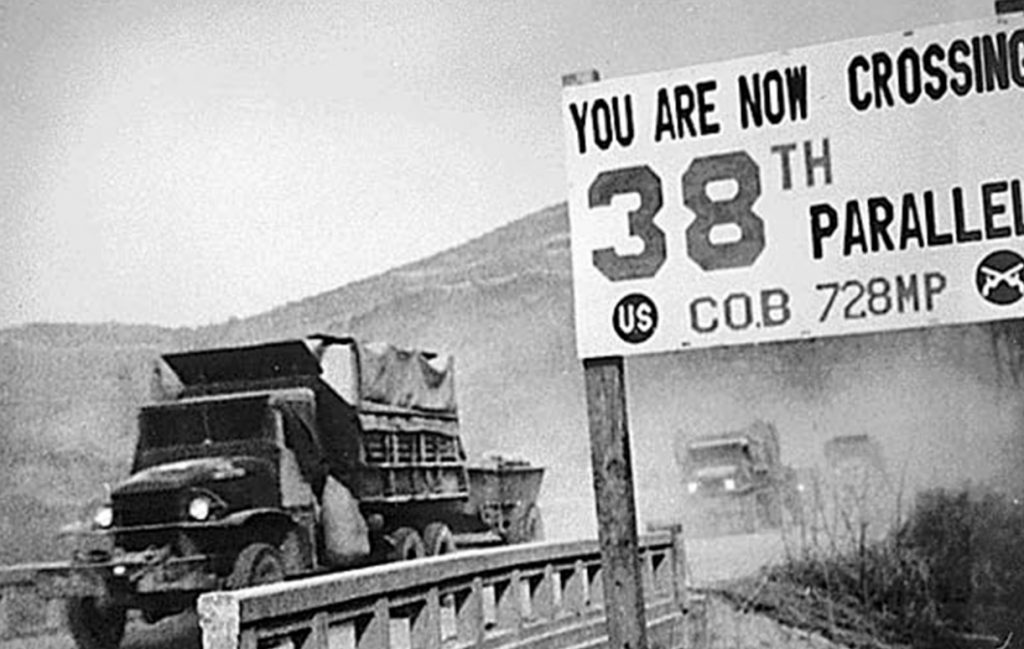
OCTOBER 9, 1950
After turning the tide of the war, U.S. forces cross the 38th parallel
The 38th parallel was the definitive latitude 38° north in Korea which split the country in two portions. During the Korean war, Southern Korea, known as the Republic of Korea, was U.N. approved and American sponsored, whereas Northern Korea was the Soviet supported Peoples’ Republic of Korea.
North Korea invaded South Korea in an effort to create one Korea under the People’s Republic of Korea. On October 9, 1950, North Koreans were pushed back north of the 38th parallel. The U.N. and the Southern Republic of Korea forces advanced into North Korean territory in an attempt to reunite the two countries under the Republic of Korea. The 38th parallel continued to be used throughout the rest of the Korean War, symbolizing who had crossed over to which side.



